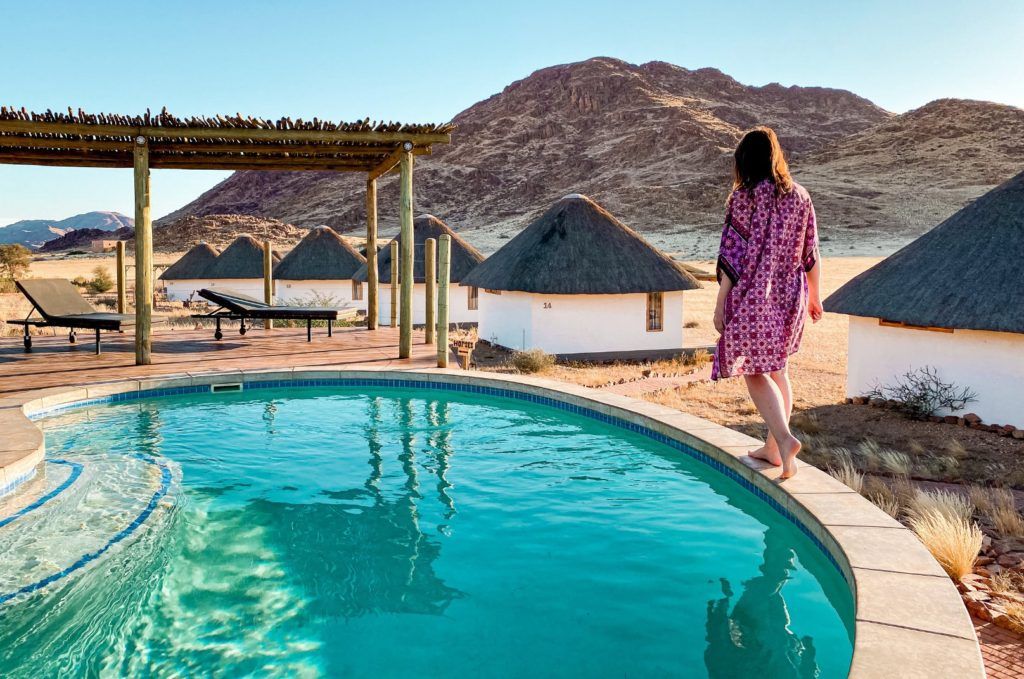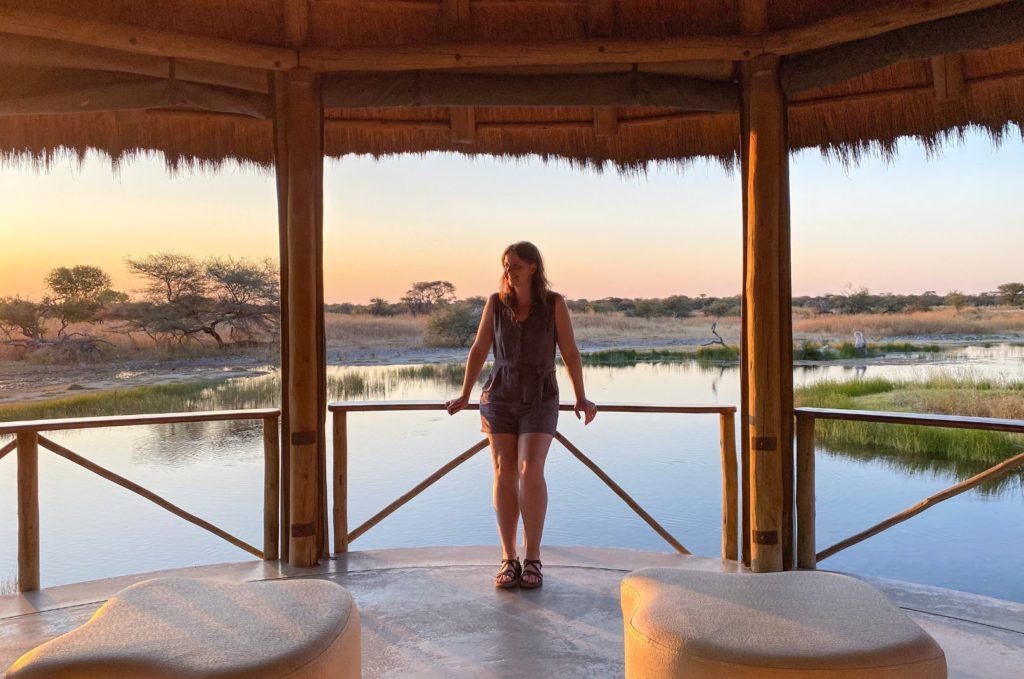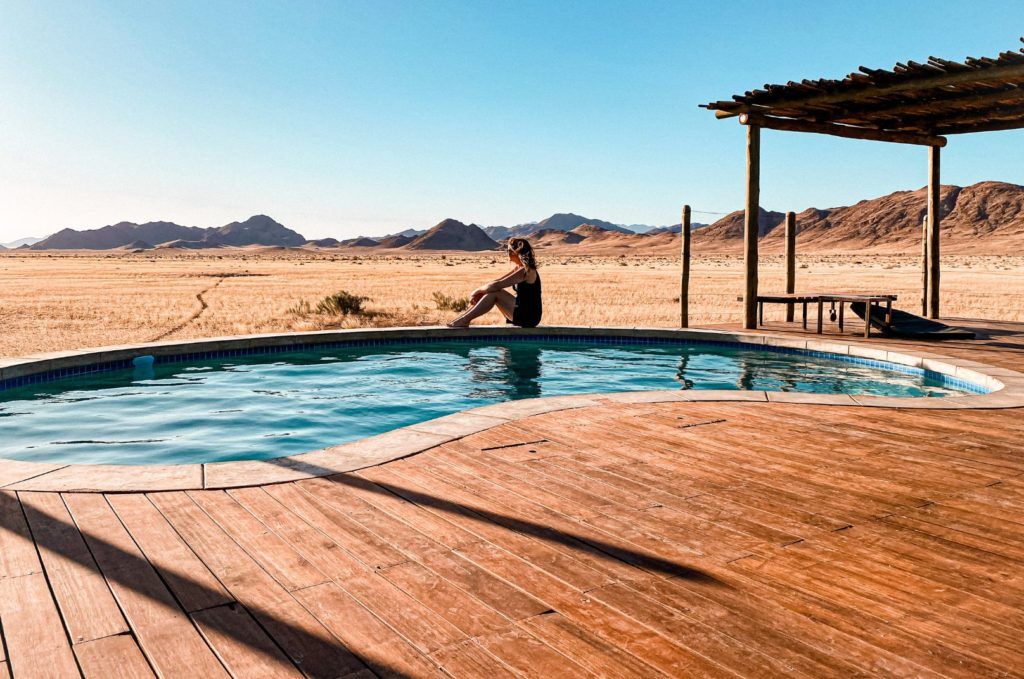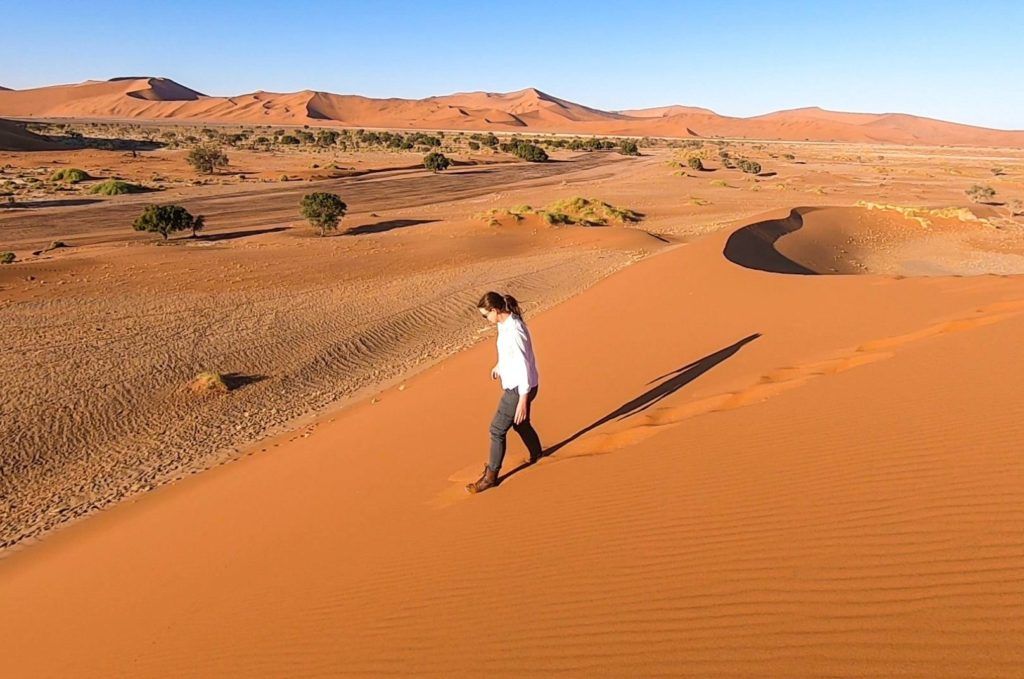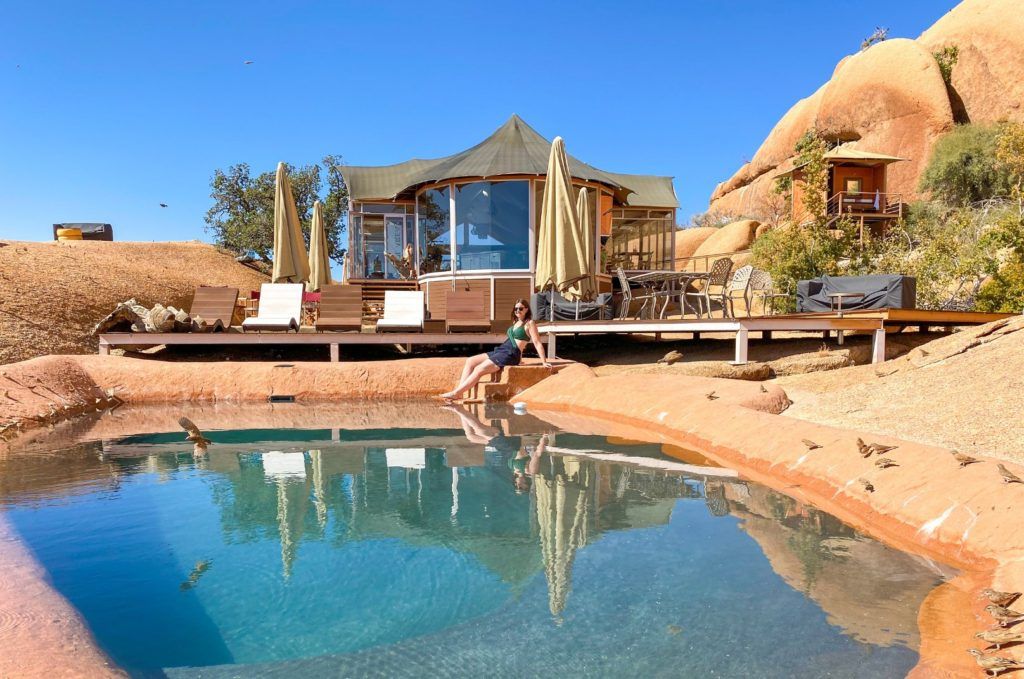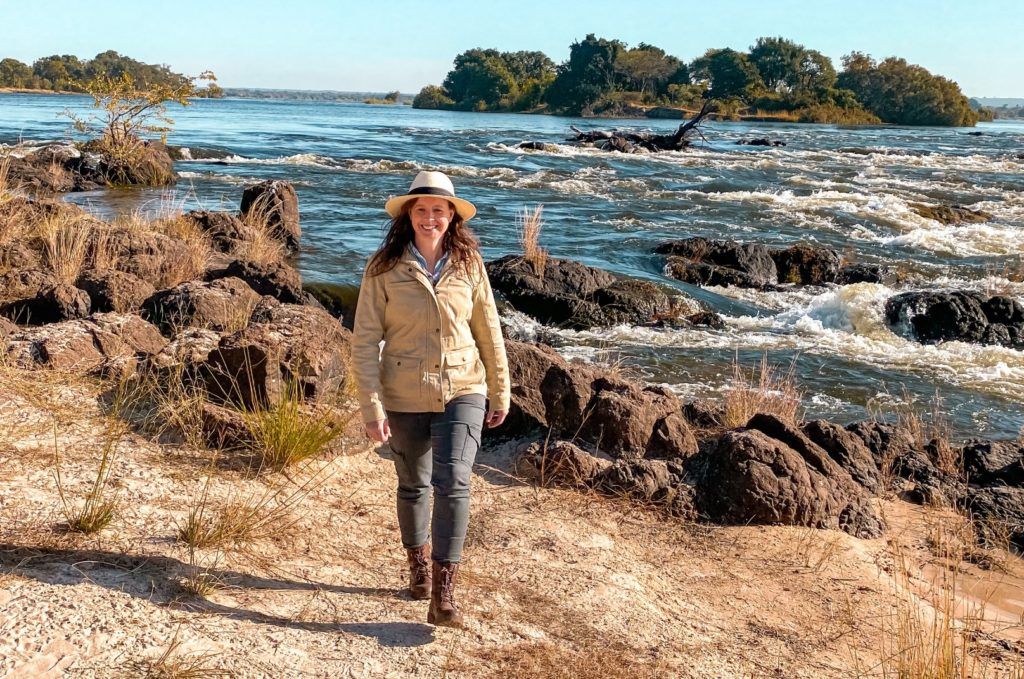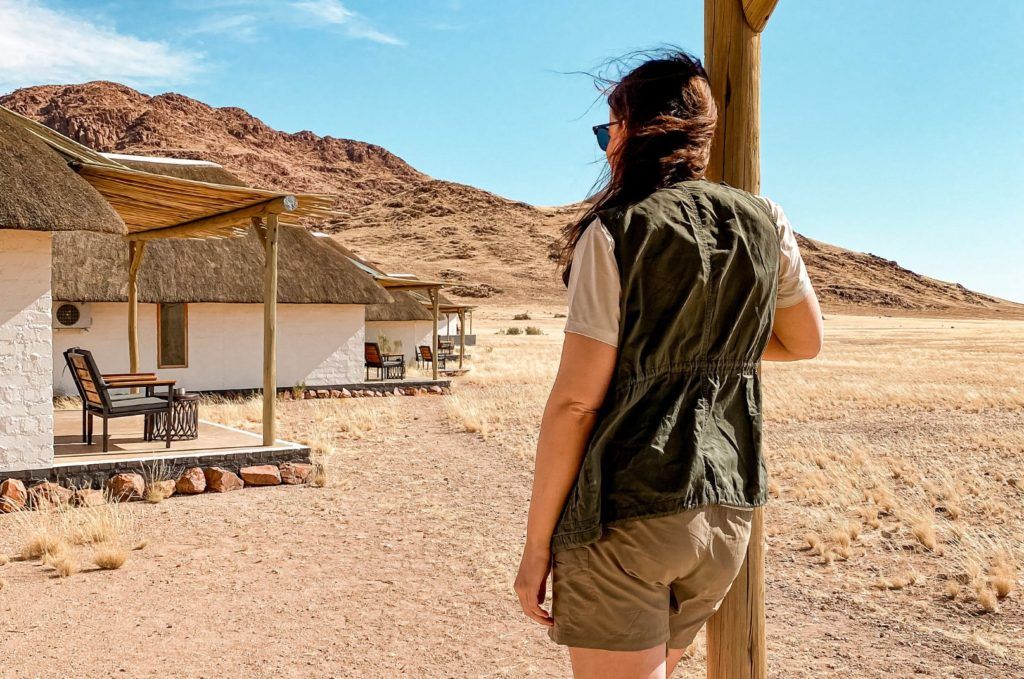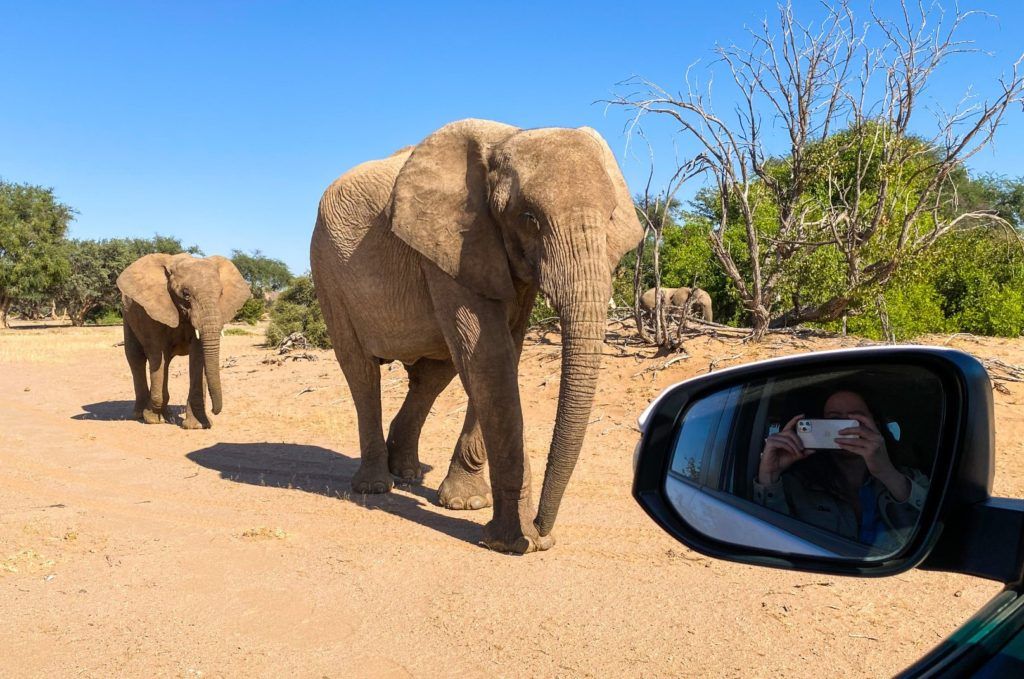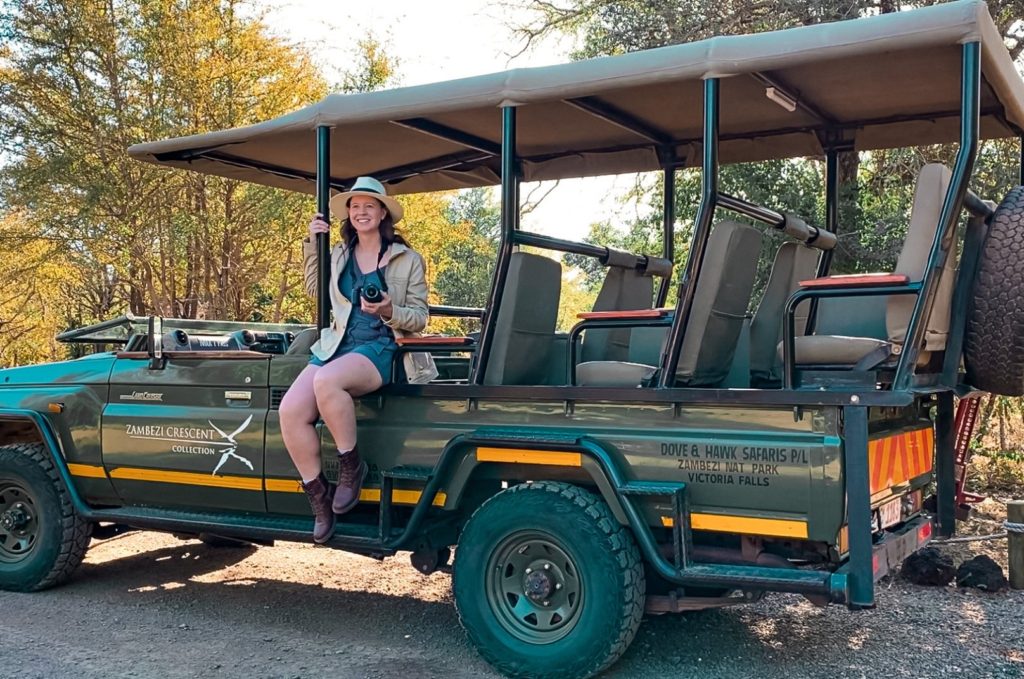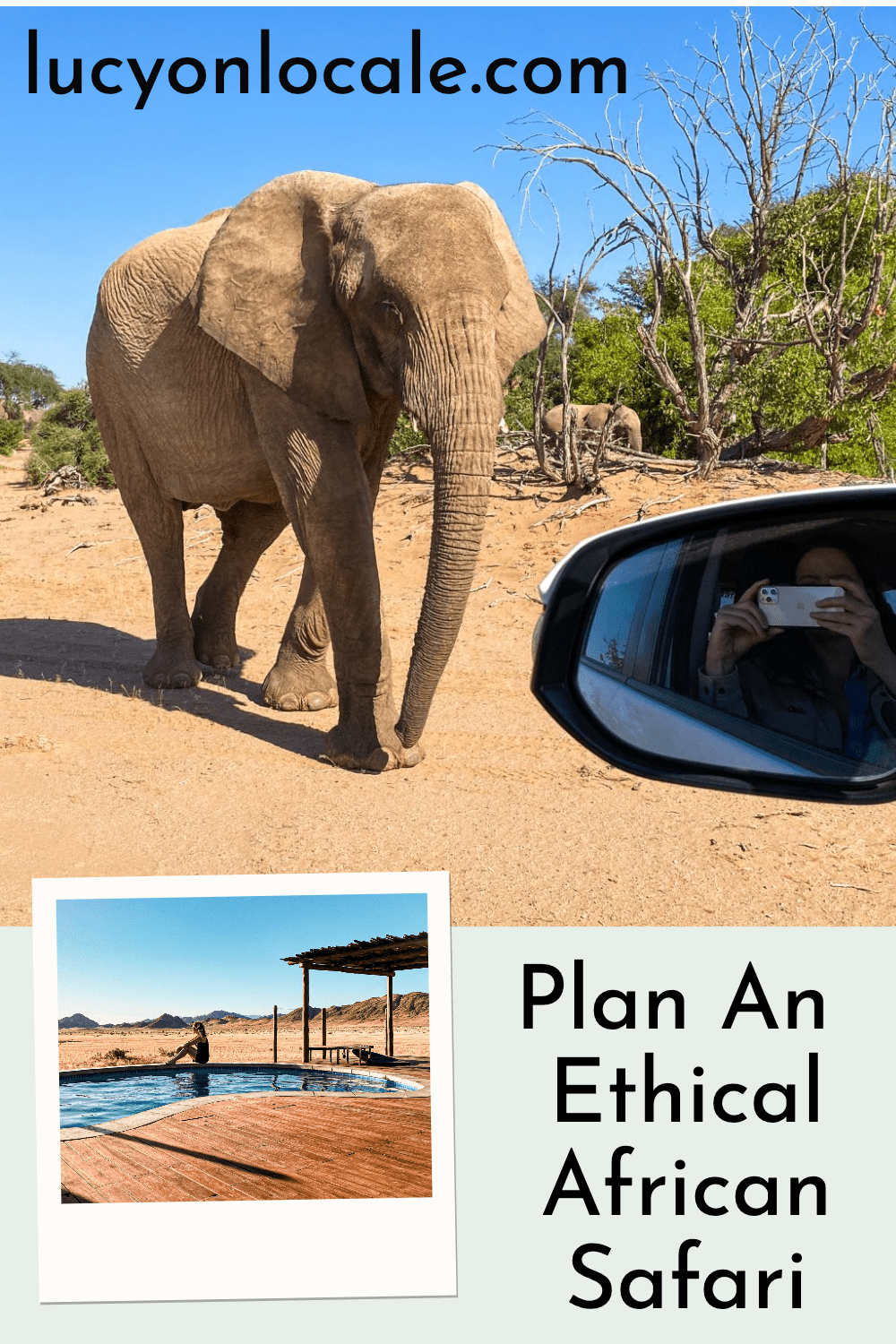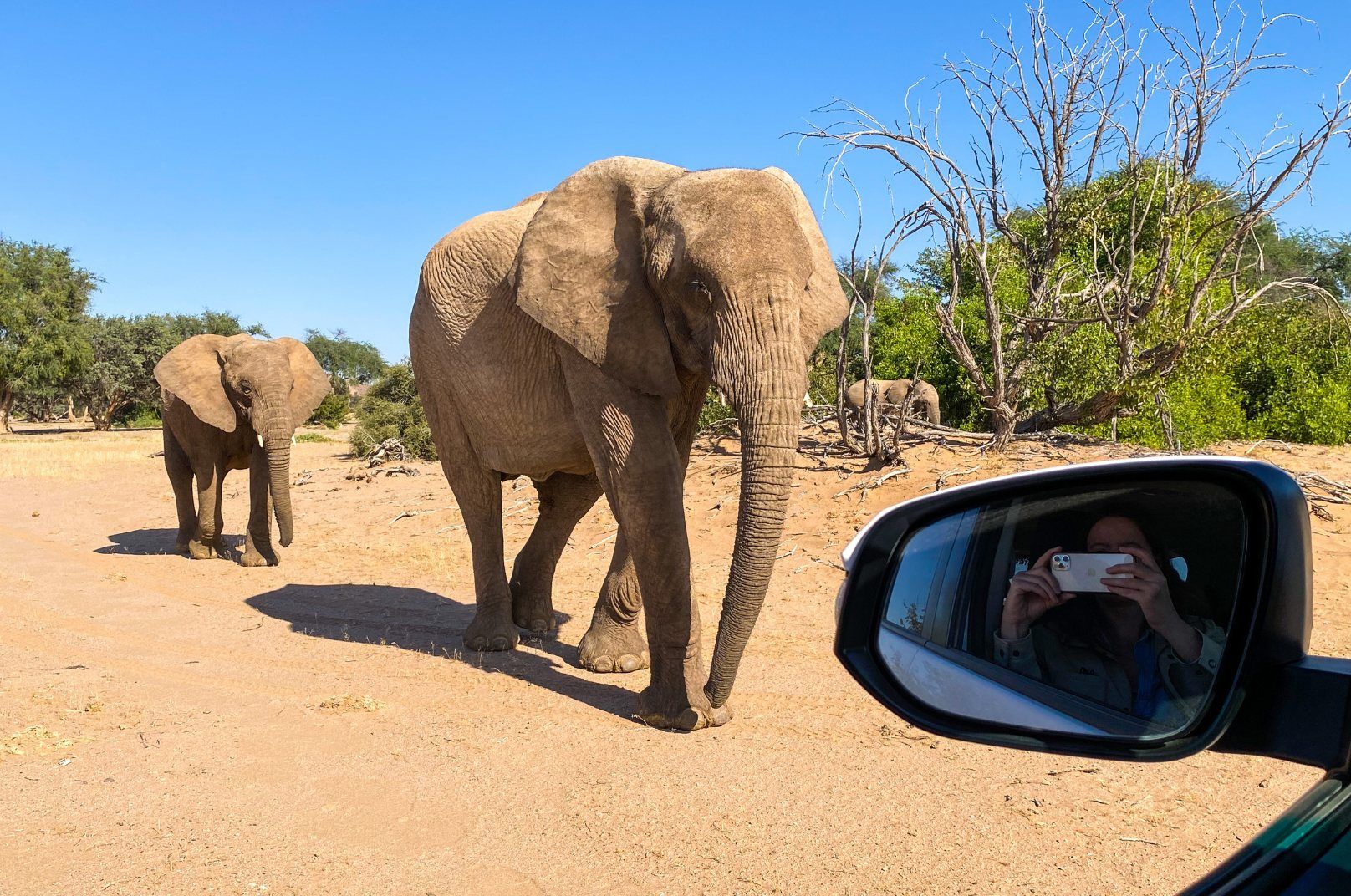
An African safari is one of the most incredible wildlife experiences you can have. But many of the animals you’ll encounter are critically endangered, and safari tourism significantly impacts local communities. So it’s important to use this guide to plan an ethical African safari.
The Ultimate Safari Travel Guide
To plan the rest of your safari, check out my guides on choosing a safari that’s right for you, the best months for an African safari, what to budget for a safari, and things to consider when selecting a safari camp.
Here’s how to plan an ethical African safari!

[convertkit form=5743435]
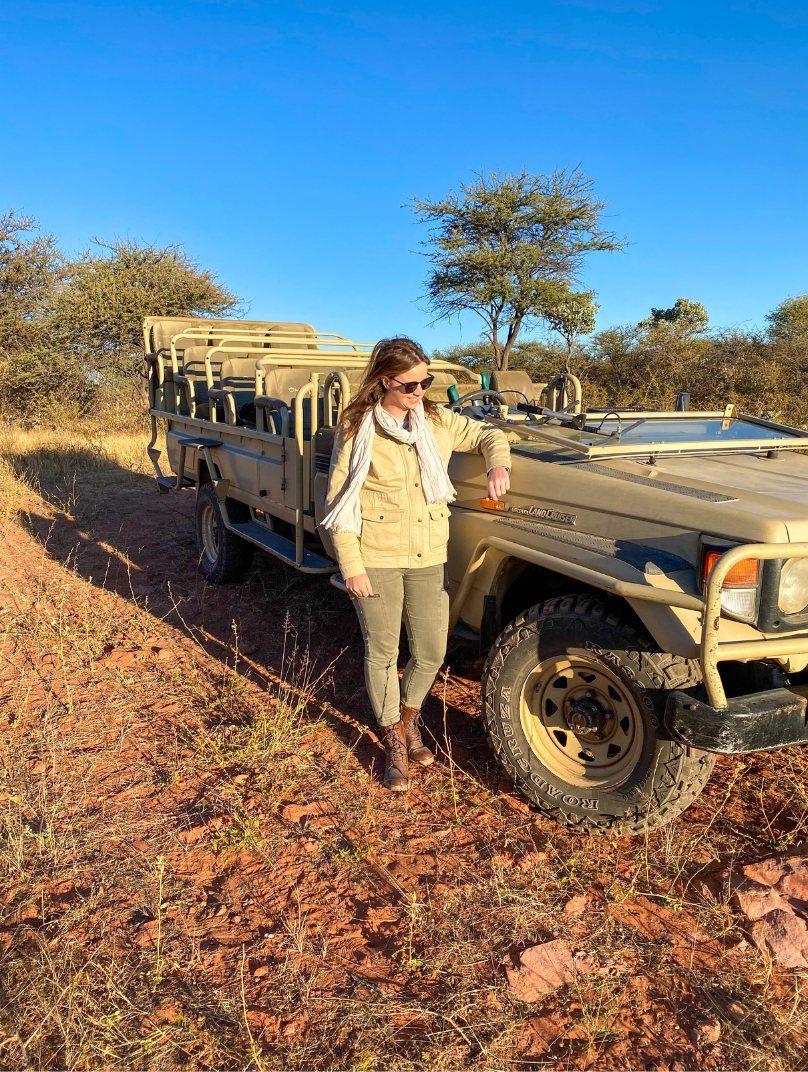
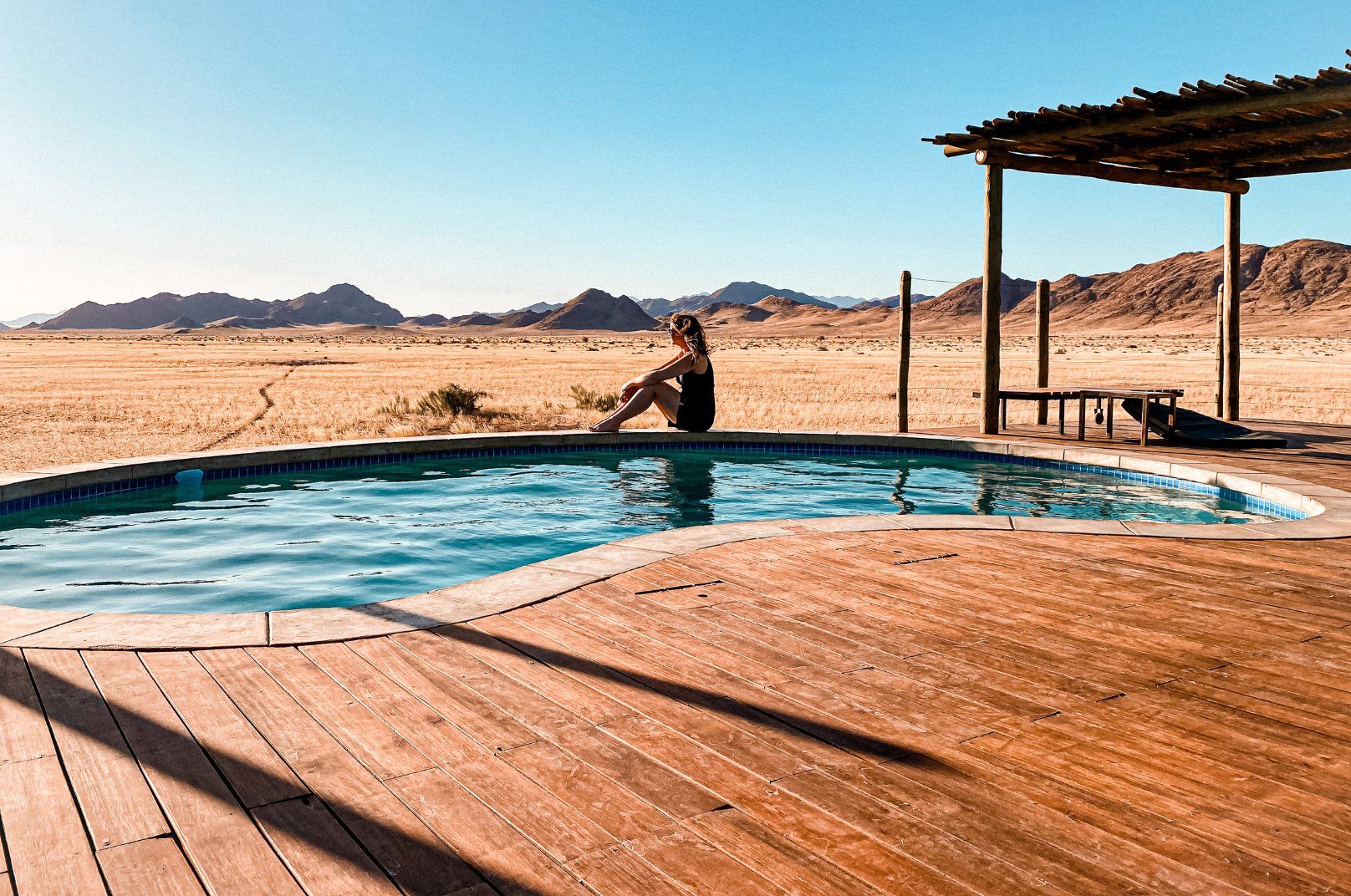
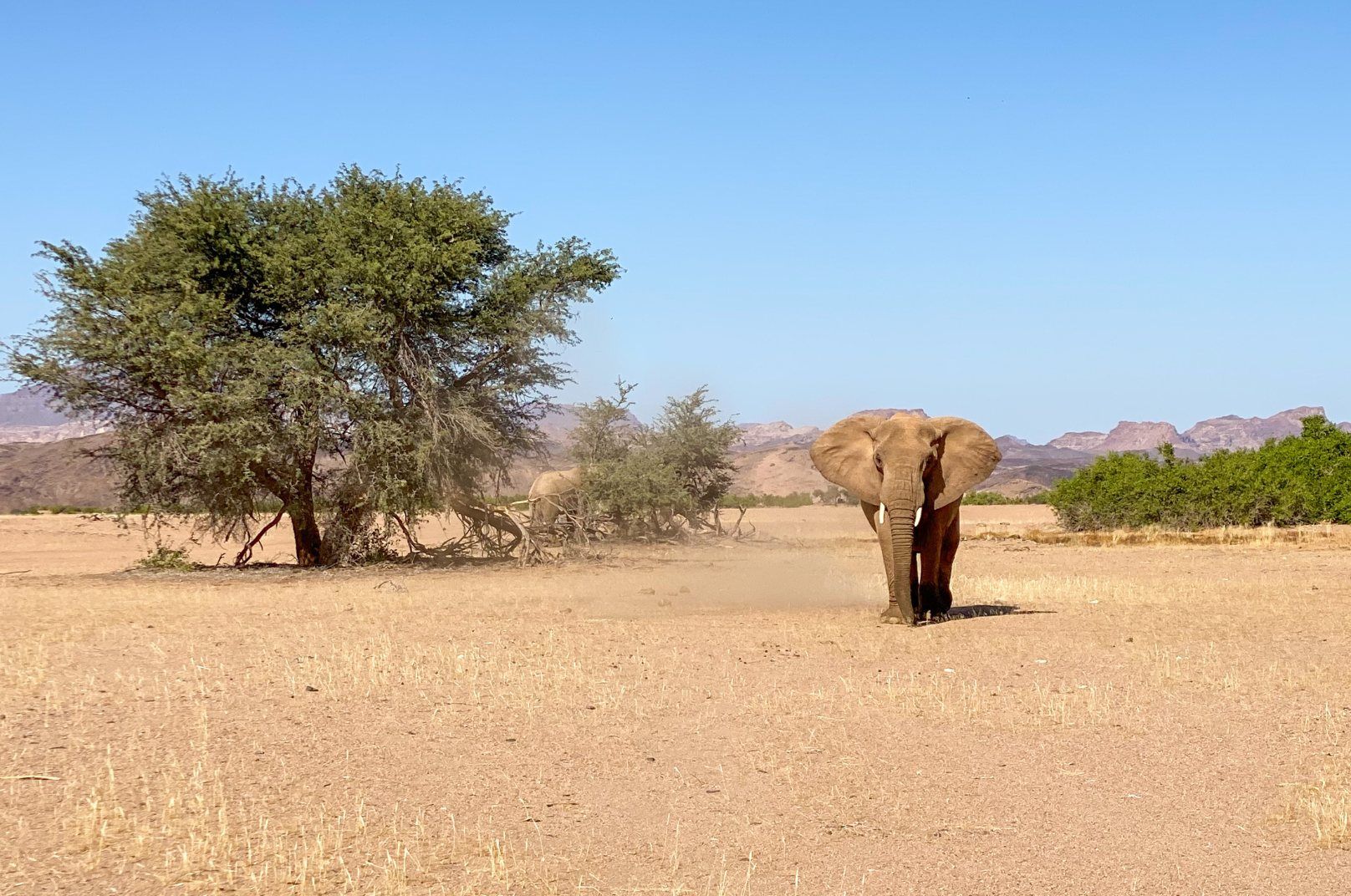
Unethical Animal Encounters
First things first, there are three kinds of safari wildlife activities that are absolutely unethical:
Feeding Wild Animals. Unless you’re visiting a wildlife rehabilitation center, humans should not provide or lure prey to wild animals.
Night safaris that use non-infrared lights. Regular lights can blind wildlife at night, adversely affecting their ability to hunt, run, and defend themselves.
Riding Elephants. This is more common in Asia than in Africa, but it’s still something to look out for. Unlike horses, elephants aren’t meant to be ridden. Their skeletal system is not designed for it. Elephants that are ridden live significantly shorter lives and have a poorer quality of life than ones that aren’t ridden.
Not only should you not ride an elephant, but you also should not support a lodge or company that offers elephant rides. Our tourism dollars are crucial to helping ethical companies and putting unethical ones out of business!

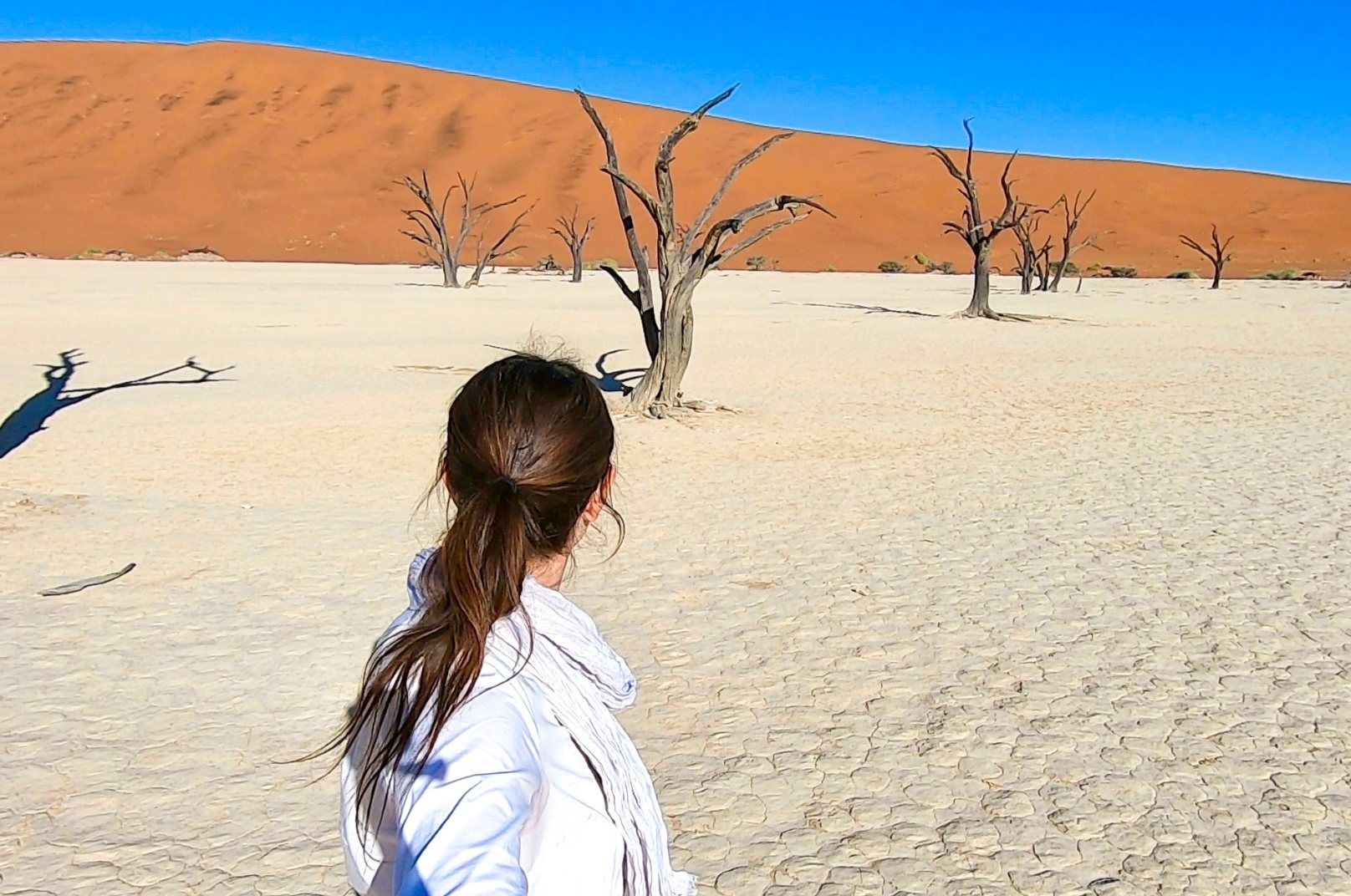
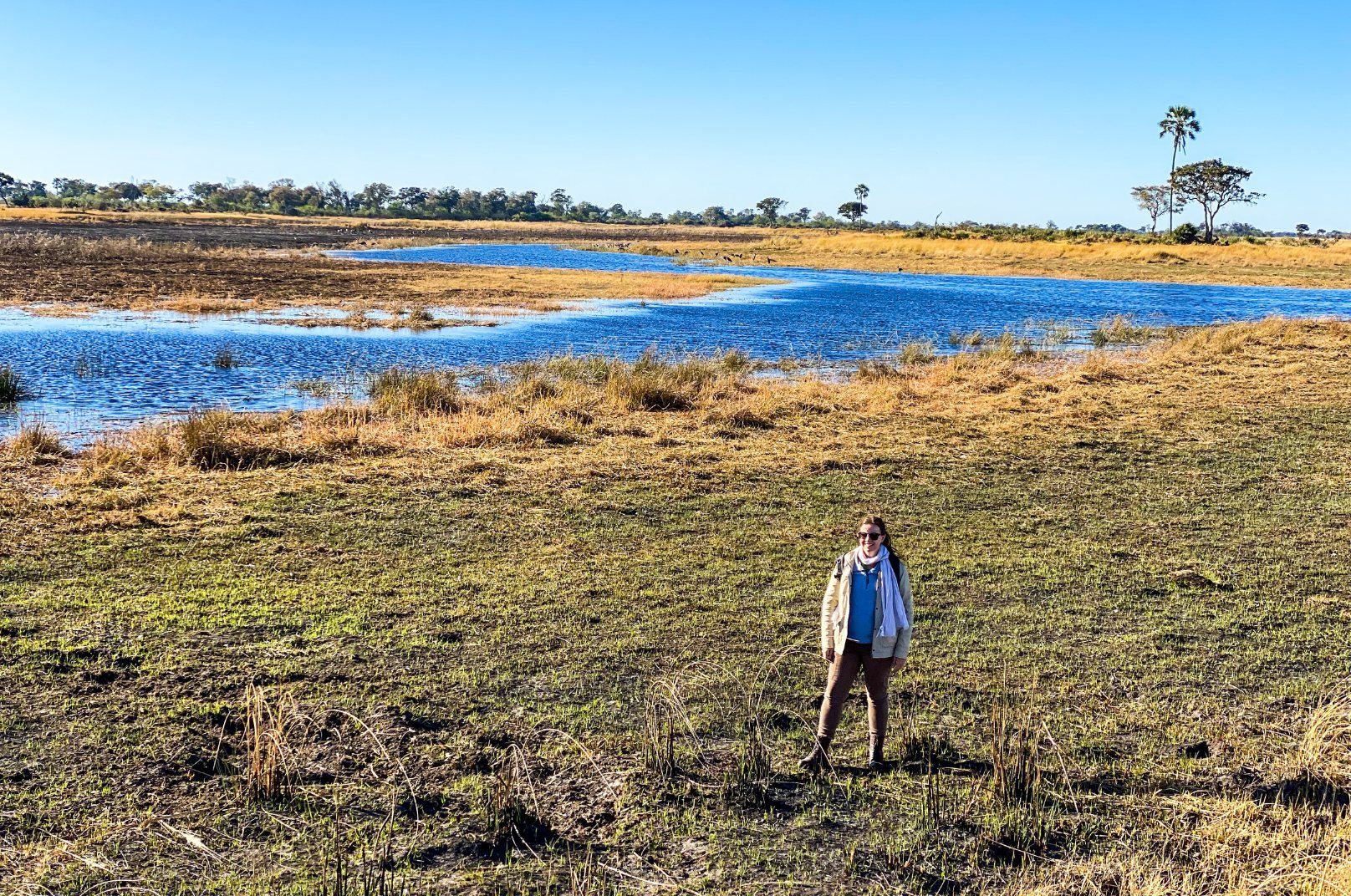
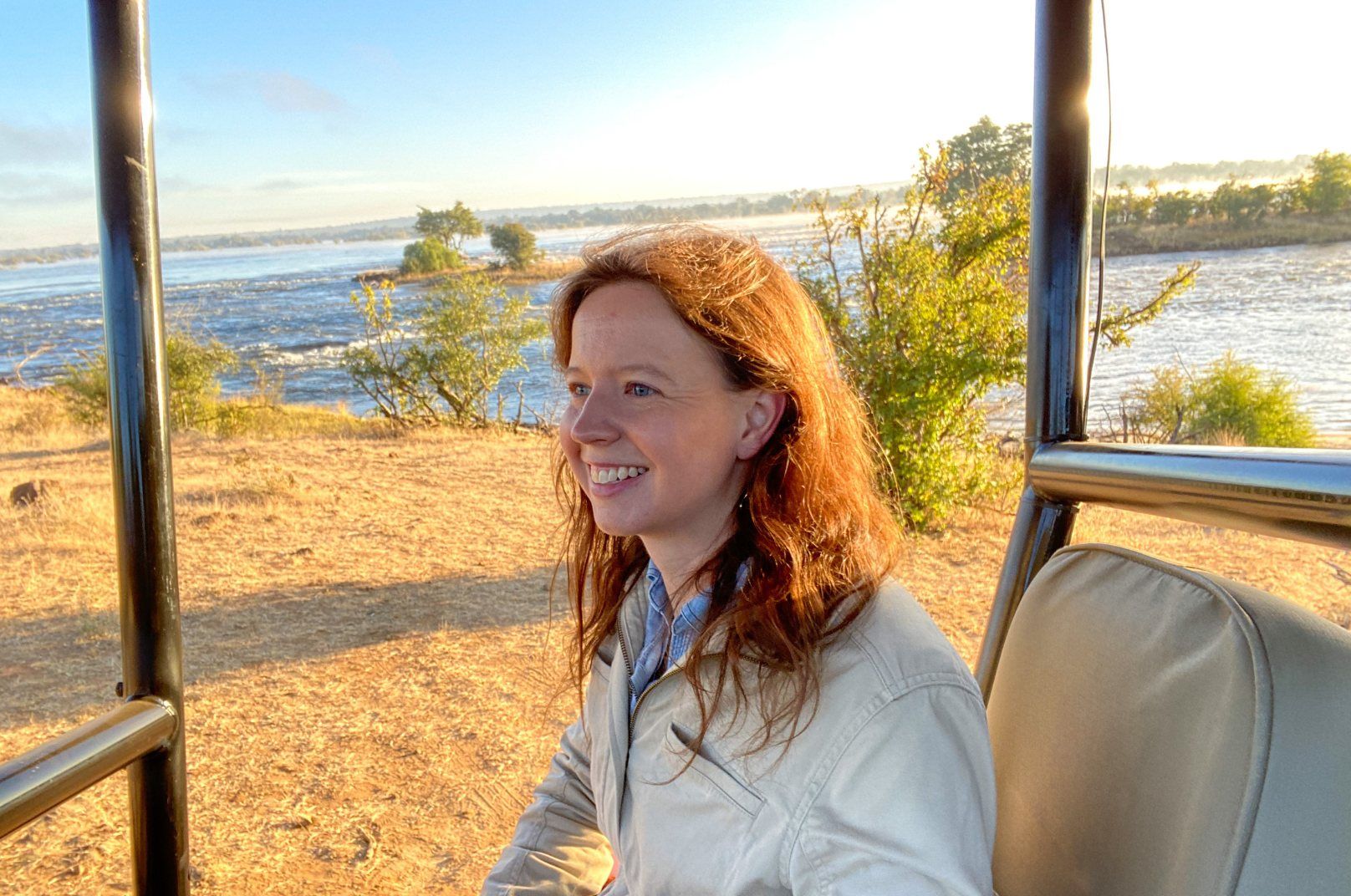
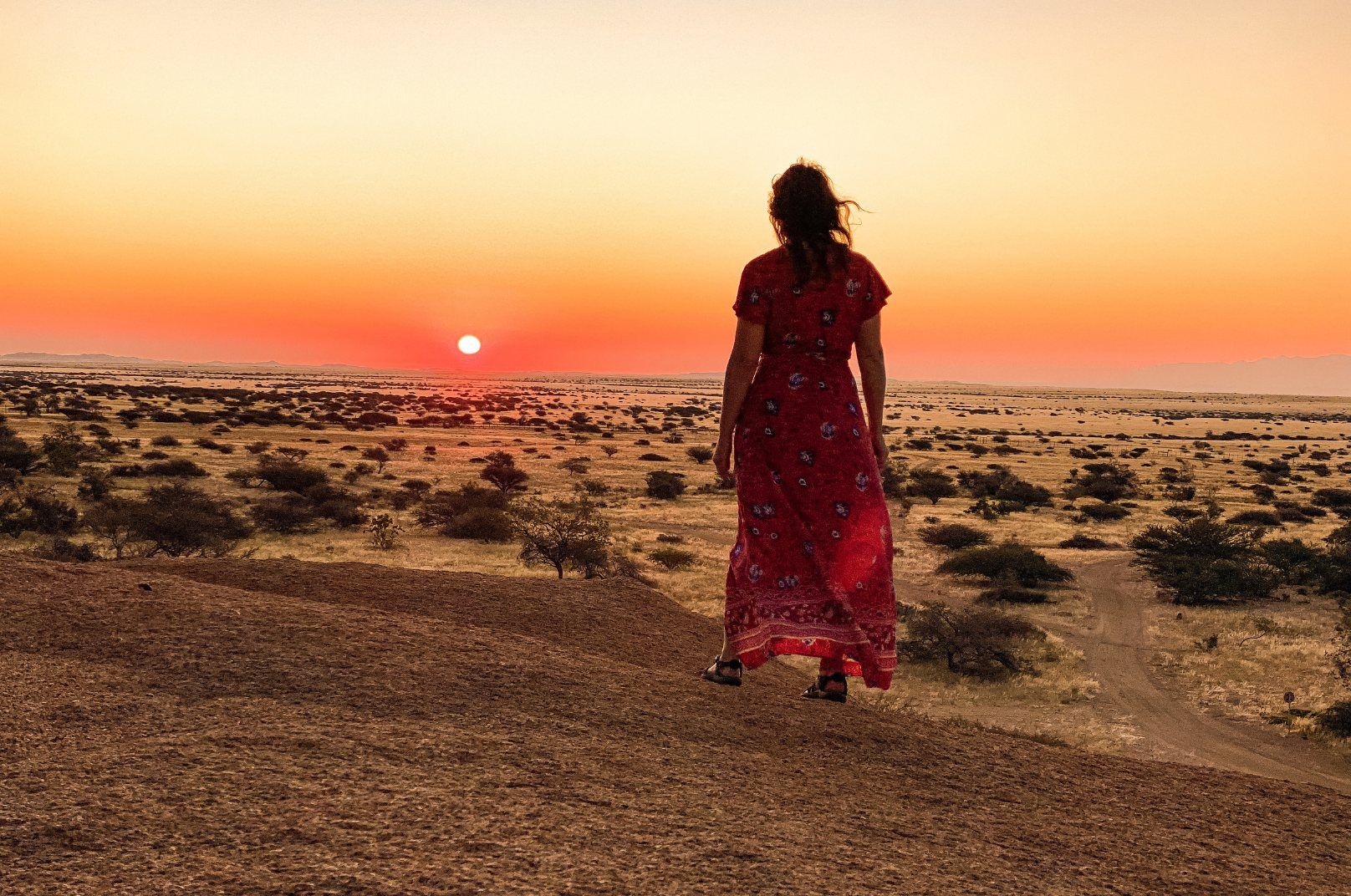
Red Flags
These “red flags” should make you question whether a safari company or lodge is ethical:
Guaranteeing Wildlife Sightings. If a lodge states that you’re guaranteed to see all of the Big Five during your stay, that’s a red flag. No ethical lodge can guarantee you’ll see all five. If a lodge says otherwise, this means the lodge is probably using unethical methods to lure or manipulate wildlife.
Promoting Hunting. While permitted game hunting is allowed in some African countries, companies or lodges emphasizing hunting activities could be enabling unethical hunting.

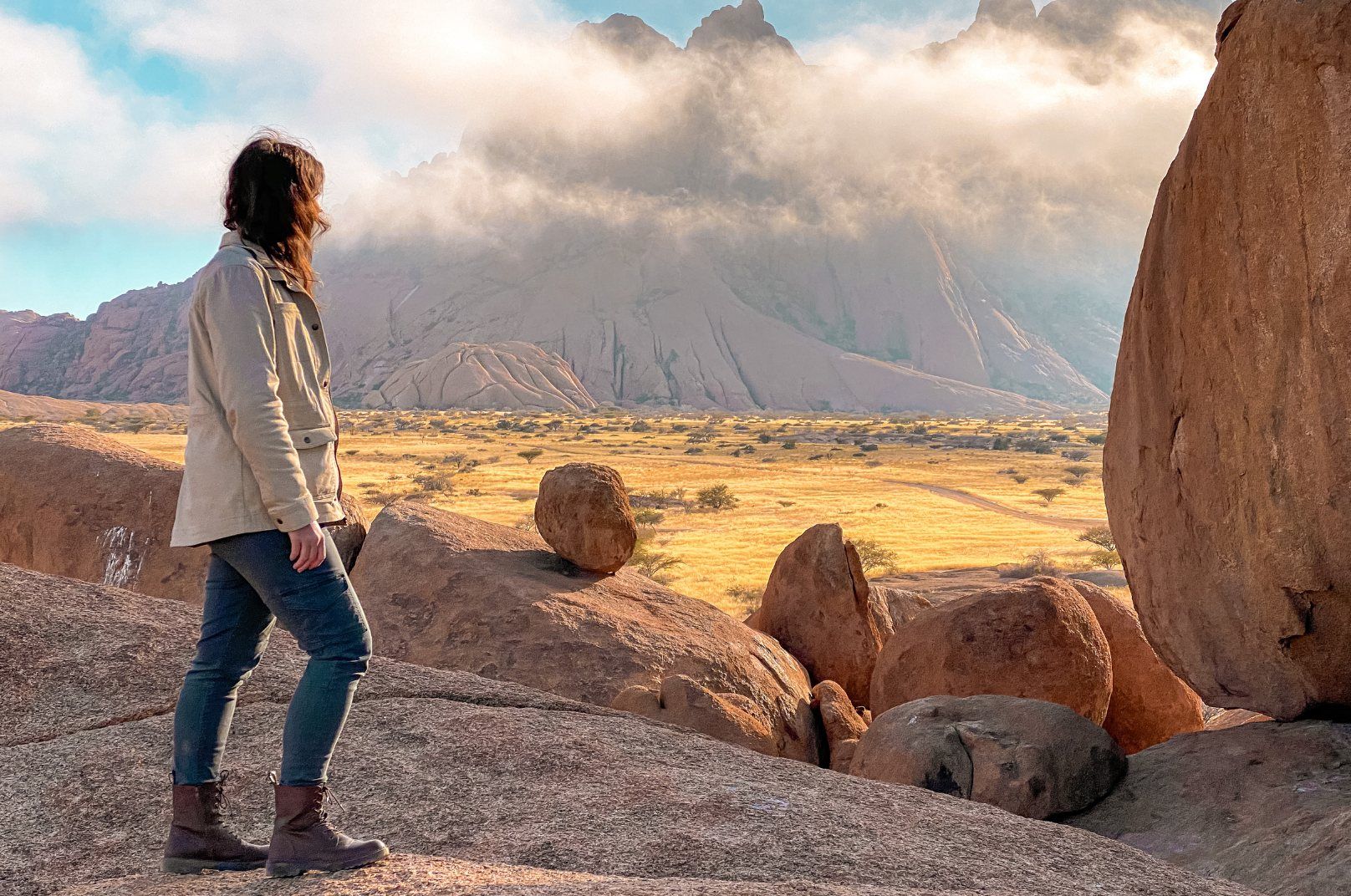
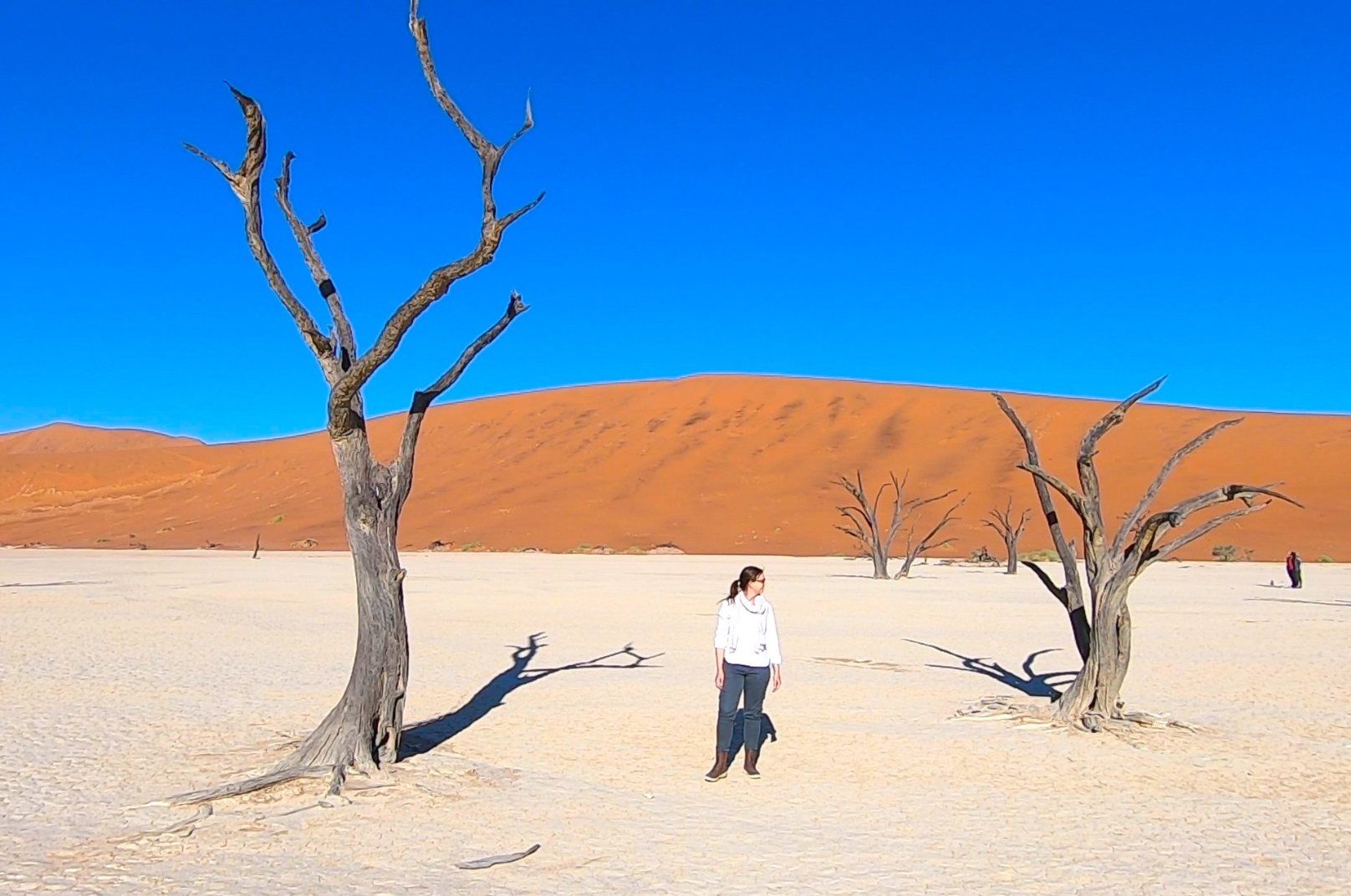
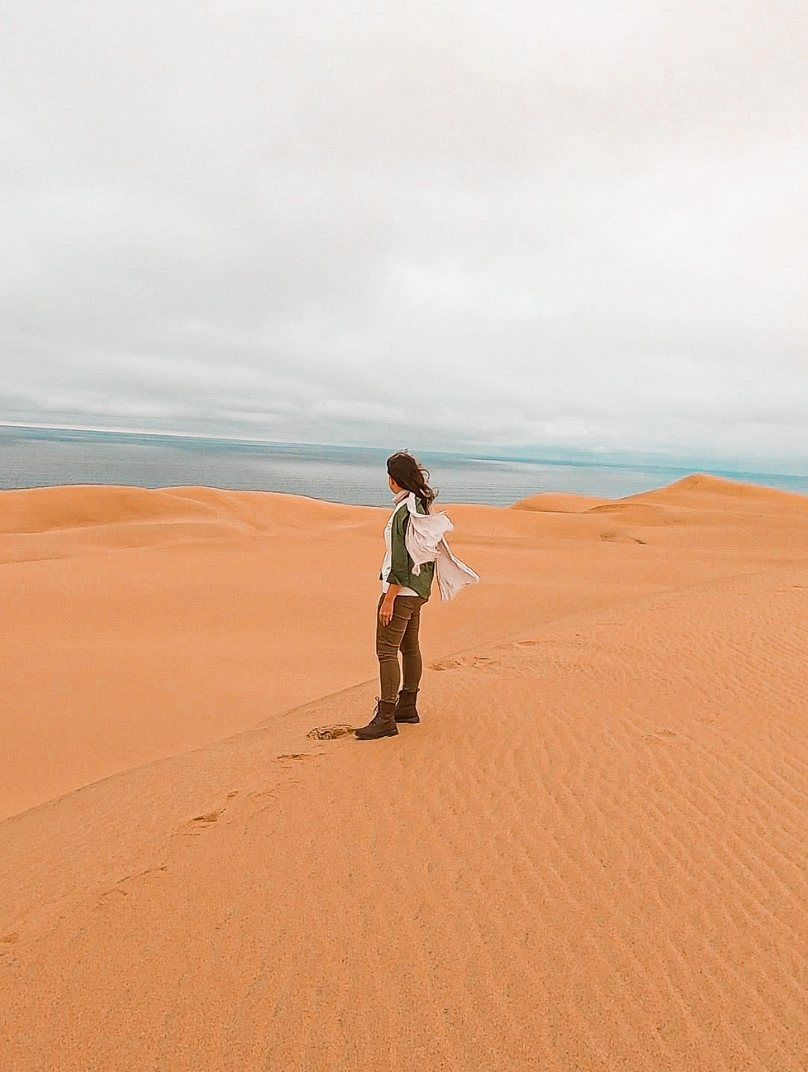
Using the word “Sanctuary”
Using the word “Sanctuary”
The word “sanctuary” doesn’t mean anything in and of itself. There are many for-profit sanctuaries that prioritize profits over animals’ best interests.
So if you’re going to visit a wildlife sanctuary, dig deeper to ensure it truly is a safe and ethical place for animals.
Find out the animals’ backstories. Were they bred in captivity? Were they taken from the wild without a clear explanation? If the answer to either of these questions is “yes,” that’s a red flag.
Compare an animal’s new home at a sanctuary to its home in the wild. Is the environment similar? Are there cages? Is there space for them to roam and hunt for prey?
If your answers to these questions aren’t “yes, no, yes,” that’s a red flag.

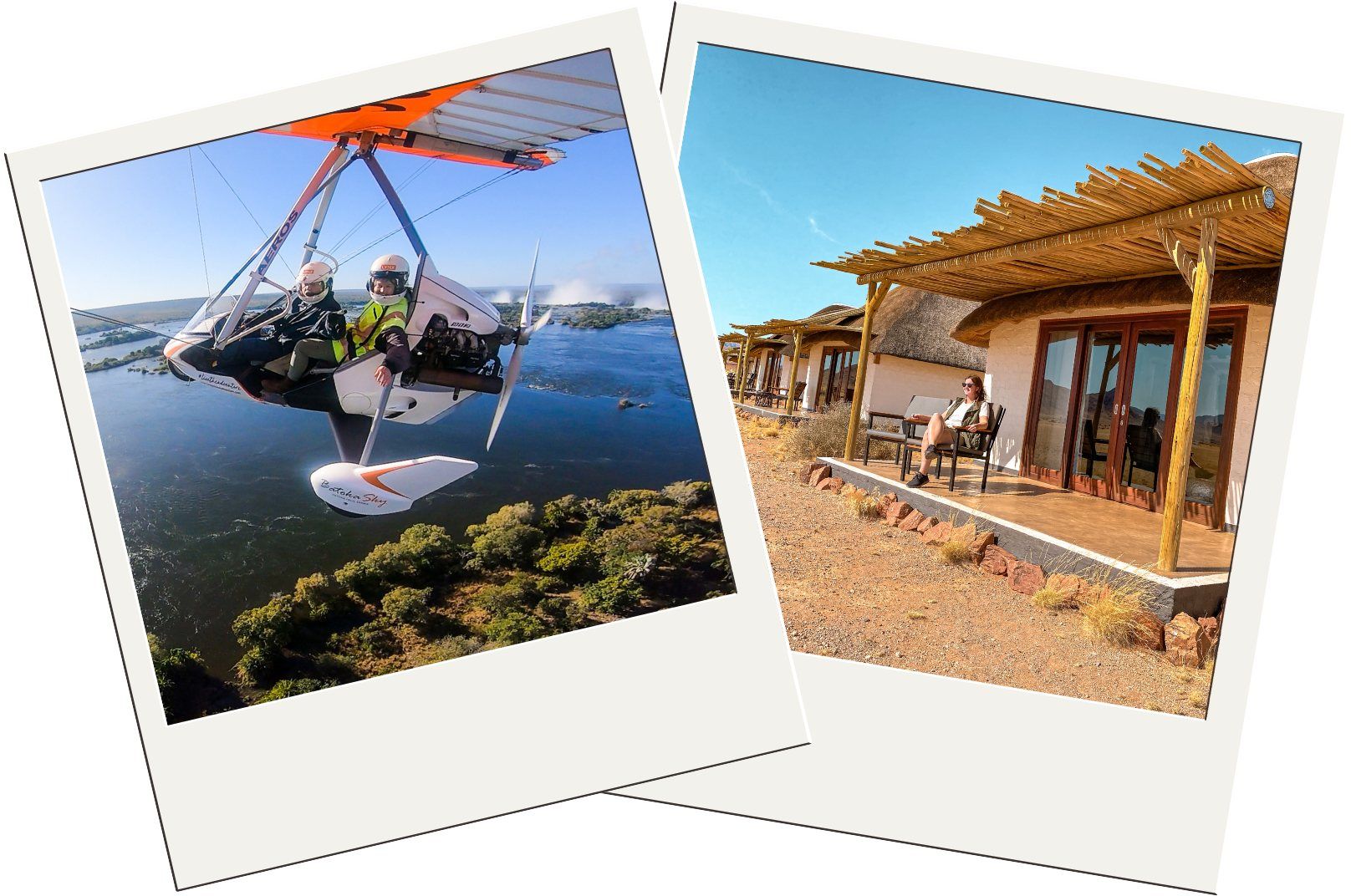
Transparency
Transparency
Ethical safari lodges and companies are proud of the work they do. They will take any opportunity to highlight what they’re doing to protect wildlife, conserve the environment, and support local communities.
If you have to do a deep search of the internet to determine if a hotel or tour provider is operating ethically, this is a red flag. Ethical businesses make it easy to verify that they’re operating responsibly.
An ethical accommodation or company will:
-Have a section of its website dedicated to its conservation efforts, with links or references you can fact-check.
-List its involvement with charities and sustainability partners.
-Promptly reply to any questions or concerns you have about its operations.

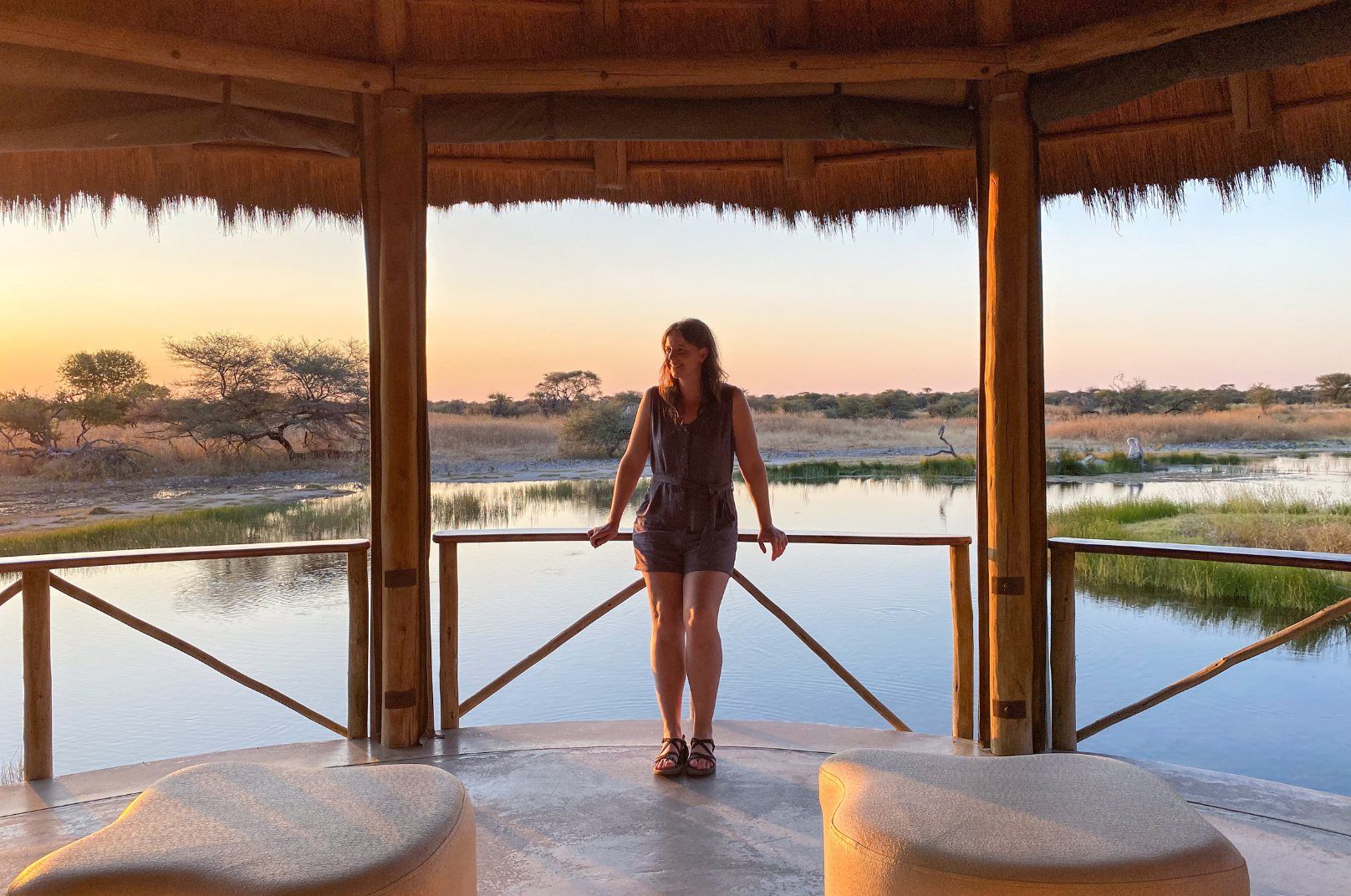
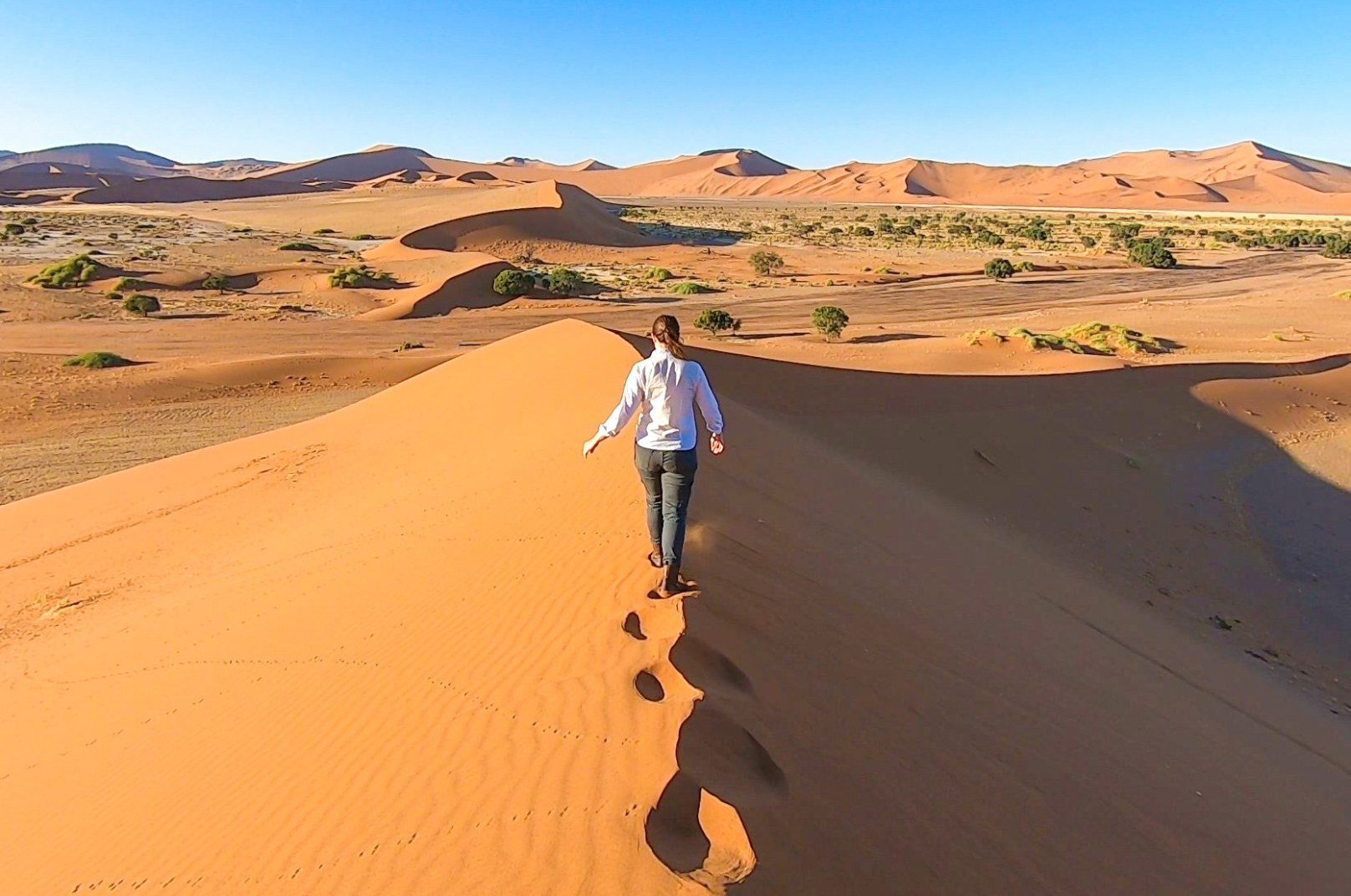
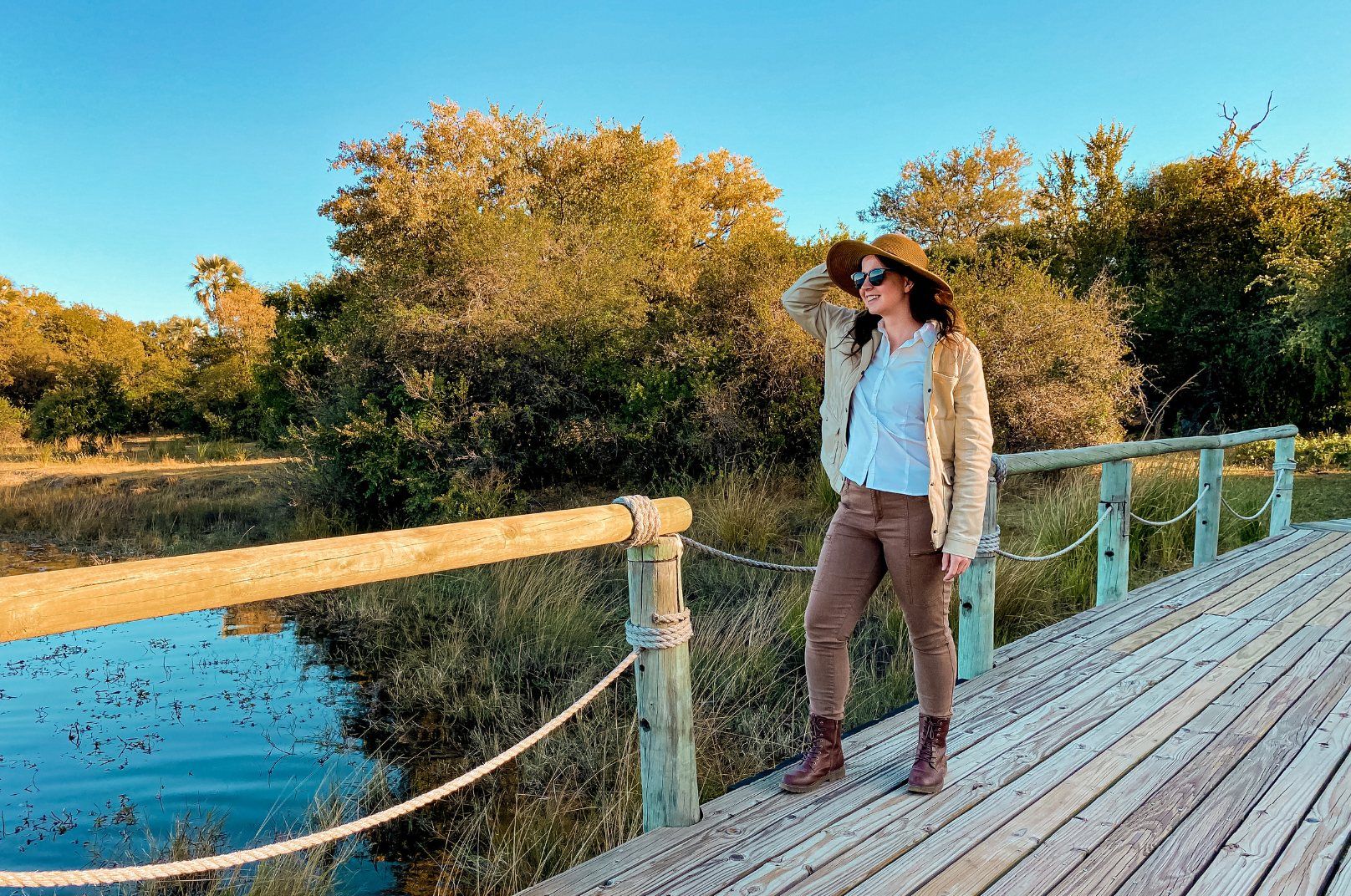
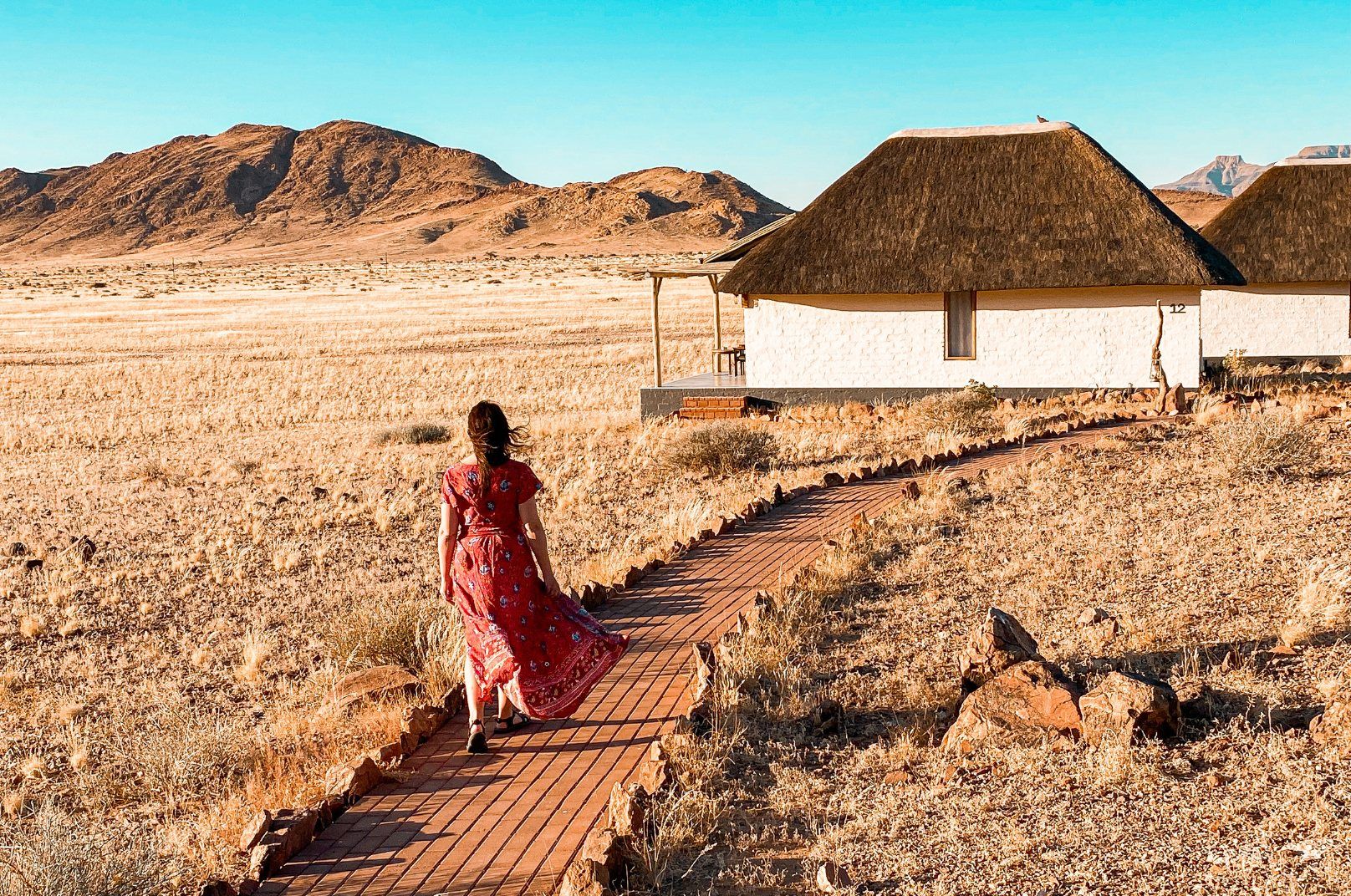
Where Your Money Goes
Part of the reason safaris are so expensive is that a significant portion of your dollars funds wildlife protection and conservation efforts. Ethical lodges and tour operators will apply a portion of your travel costs to local organizations, and they’ll list these organizations on their websites.
As a general rule of thumb, you should plan on spending a minimum of $1,000 per night per person at an all-inclusive safari camp.
You can find all-inclusive safaris for less than $1000 a night per person, but this is a red flag for your experience, the service you’ll receive, and how the lodge treats wildlife and locals. Often, budget companies and accommodations prioritize profits over wildlife and environmental protection.

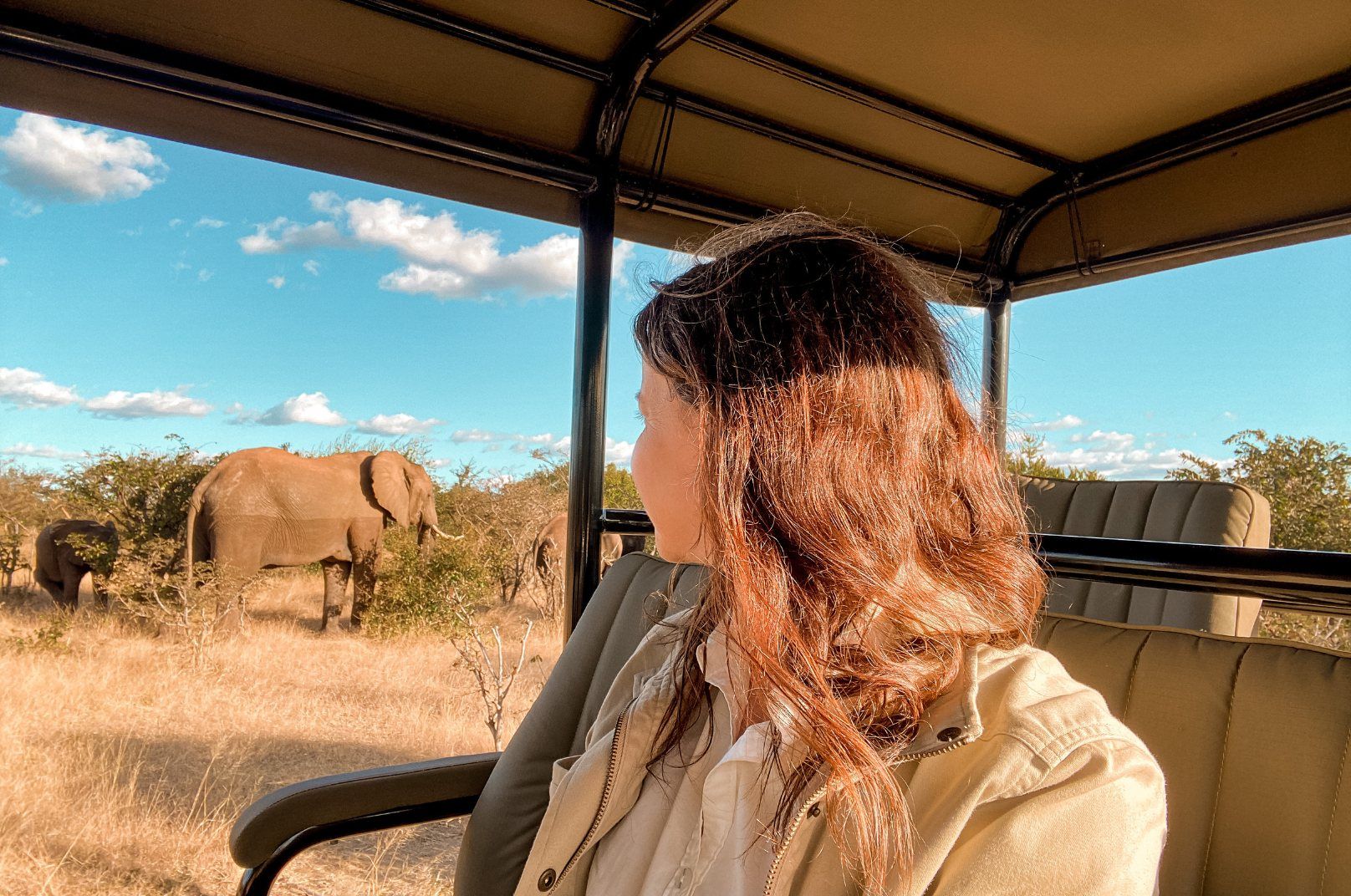
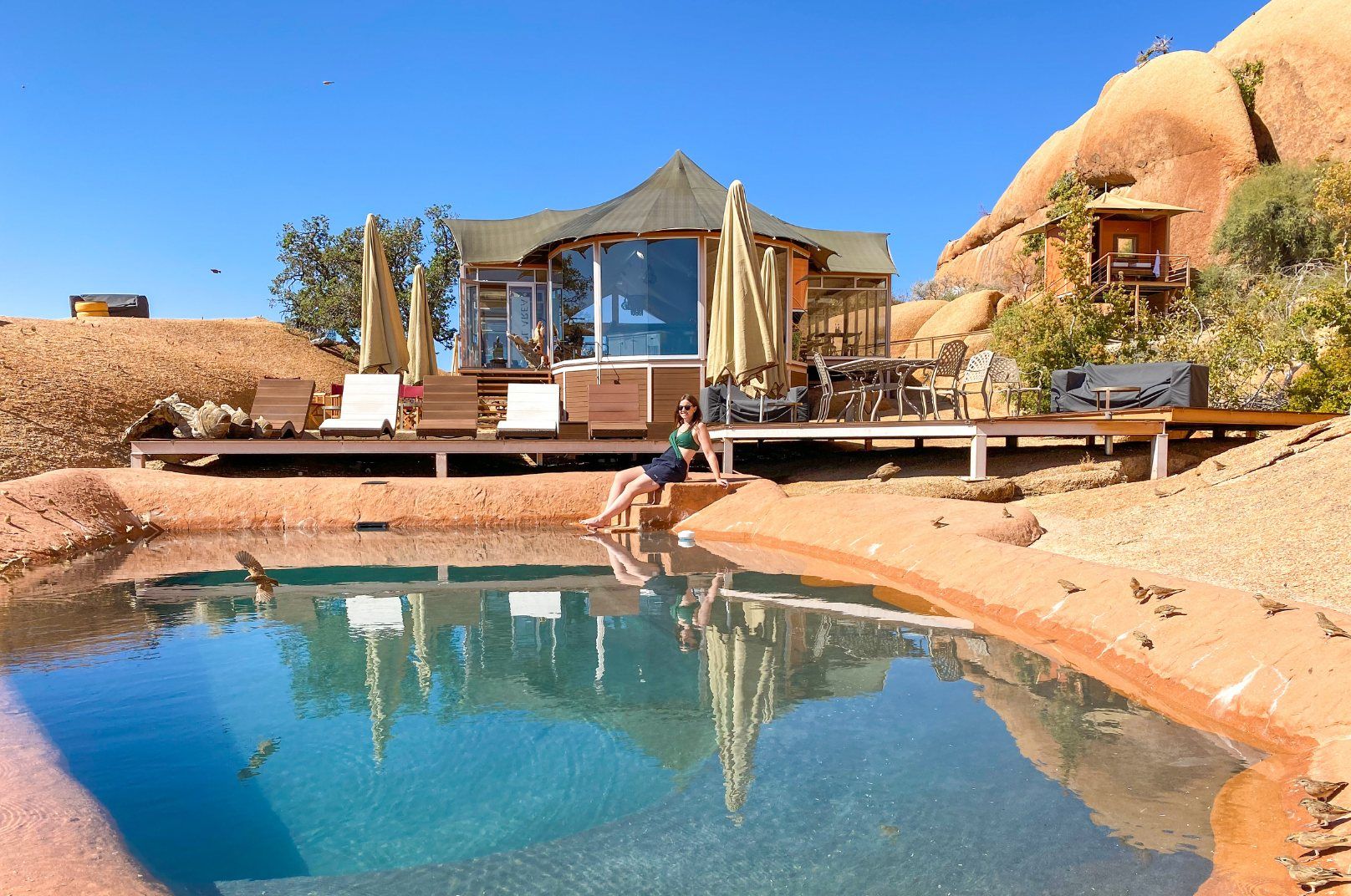
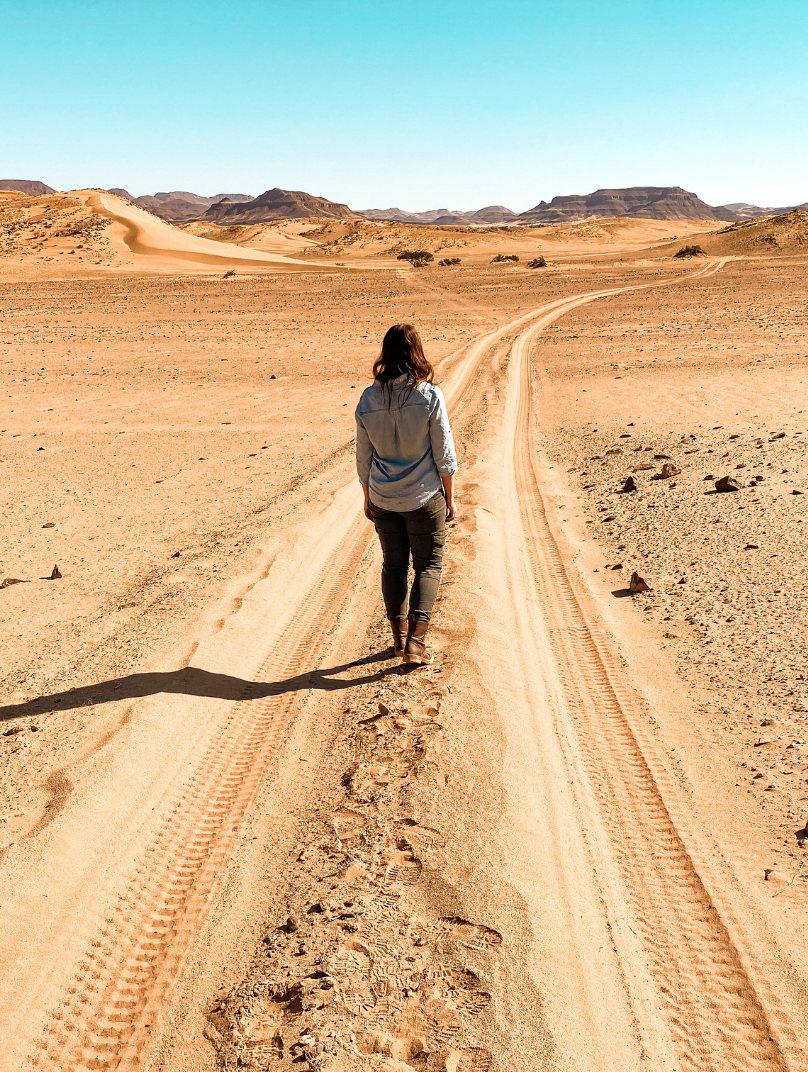
Resources
You’ll need to do your research to identify ethical safari operators. The World Wildlife Fund (WWF) is a great place to start your research. Being affiliated with the WWF is a huge “green flag” because they endorse numerous animal projects and have strict requirements.
In South Africa, WESSA is a great organization to use as a resource.
Companies I’ve used and can personally vouch for are David Foot Safaris and Namibia Tours & Safaris. Both companies operate in multiple countries, so they could be excellent choices for your trip.

Shop My Safari Essentials

What would you add to this post about planning an ethical African safari? Share with us in the comments!

For Planning The Rest Of Your Safari

This article about how to plan an ethical African safari is not a sponsored post, and the thoughts and opinions expressed in this post about how to plan an ethical African safari are entirely my own. Some of the links in this post about how to plan an ethical African safari are affiliate links, and, at no cost to you, I may earn a small commission from this article about how to plan an ethical African safari.
 Destinations
Destinations Packing
Packing Travel Tips
Travel Tips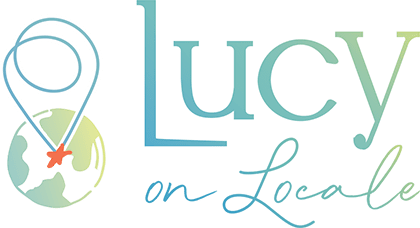
 Photography
Photography Points & Miles
Points & Miles Credit Cards
Credit Cards











